
The organization, formed by some of America’s top health systems, is providing more insights on the social determinants of health. Charlotte Baker of Truveta talks about how data can close disparities.

The organization, formed by some of America’s top health systems, is providing more insights on the social determinants of health. Charlotte Baker of Truveta talks about how data can close disparities.

The company has been notifying those affected. PharMerica says it isn’t aware of any identity theft or fraud.

RaDonda Vaught was sentenced to probation in a highly watched case. Nursing leaders denounced her conviction and warned it sends a chilling message.

The specimen supply chain needs to go beyond reacting to orders and accurately anticipate demand. The industry is just starting to do this, and artificial intelligence is the key.
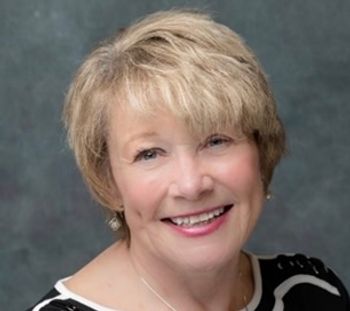
CommonSpirit Health announces a new chief strategy officer, Texas Children's Hospital is seeking a new president for the first time in decades, and other leaders take new roles.

The White House has issued a national strategy and authorities are going after bad actors. But federal officials are asking questions about what health systems are doing to protect themselves.

A federal judge in Texas struck down the provision in the Affordable Care Act. Several advocacy groups filed a brief urging the court to issue a partial stay while the legal battle plays out.

With the federal emergency designation disappearing, health systems will see changes in funding and an end to some policies that had given providers more flexibility.

A new study examines how the ransomware attack led to higher volume at surrounding hospitals. The authors say hospitals must develop emergency plans to respond to attacks.

A new AMA analysis finds nearly half of all physicians age 55 and over have faced a lawsuit. Women doctors are less likely to be sued, the report said.

Most hospitals fared well, but there was a wide range in performance and risk of complications. Brad Bowman, chief medical officer of Healthgrades, talks about the inaugural report card.

The American Psychological Association issued a list of recommendations for parents to monitor their kids’ use of social media and if it’s leading to potentially harmful behavior.

The U.S. Preventive Services Task Force recommends women should start screenings at age 40. But some say the panel should have called for women to get mammograms every year.
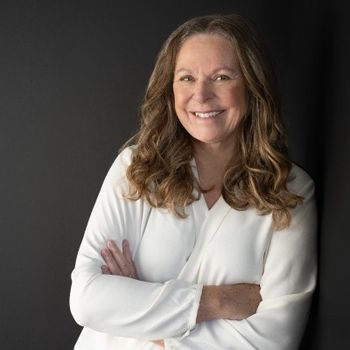
By involving clinicians at the beginning of the process, health systems can potentially improve patient care and reduce costs.

Most states have passed laws in recent years directing hospitals to foster more communication with caregivers. Researchers say those policies should prompt hospitals to consider more collaboration.

Healthcare executives are highly visible. Leaders must recognize the risk and take steps to ensure their safety and protect the organization.
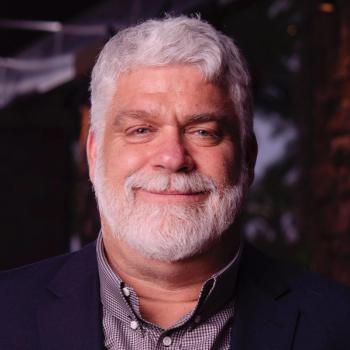
There are still many consumers that think that they don’t really pay for their healthcare according to price.

HCA Healthcare announces a president of its West Florida Division, Allina Health names a COO, and others take new roles.
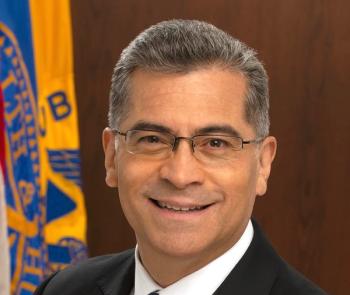
Secretary Xavier Becerra says a patient in distress endured a ‘terrifying ordeal’ when the facilities refused to perform the procedure. He warned the agency will go after hospitals that violate federal law.

Health systems are operating on razor thin margins, according to Kaufman Hall’s latest report. Hospitals continue to see significant challenges.

Most medical groups say the requirements have increased over the past year. Providers have been pressing the Biden administration and lawmakers for reforms.

The horrific incident occurred at Northside Medical Midtown, an office building that’s part of the Northside Hospital system. It's the latest in a growing number of shootings at healthcare facilities.

Three types of infections have seen significant increases, according to the organization. CEO Leah Binder says the findings ‘should stop hospitals in their tracks.'

The Catholic health system purchased the facilities from Steward Health Care. Centura Health will manage the hospitals.
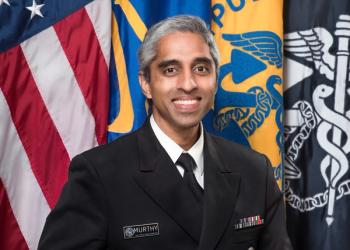
Surgeon General Vivek Murthy released a report on the epidemic of loneliness and isolation, including recommendations for providers and public health officials.